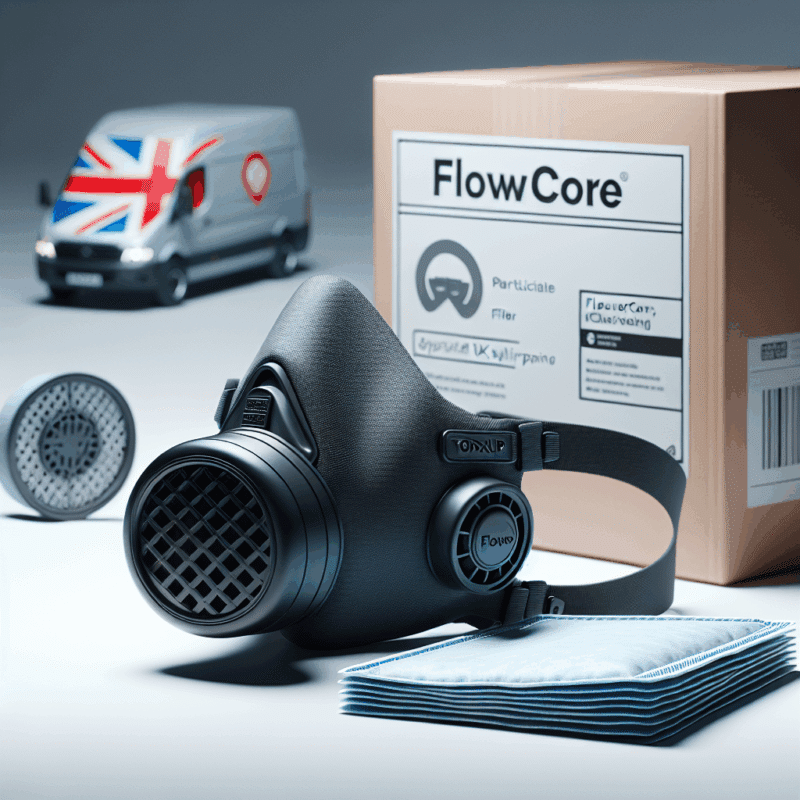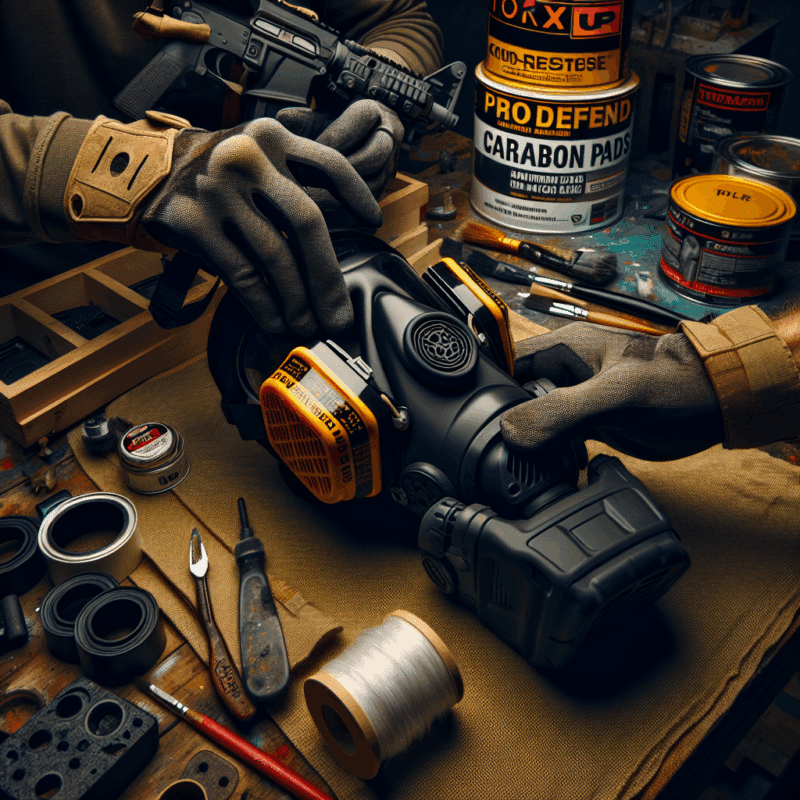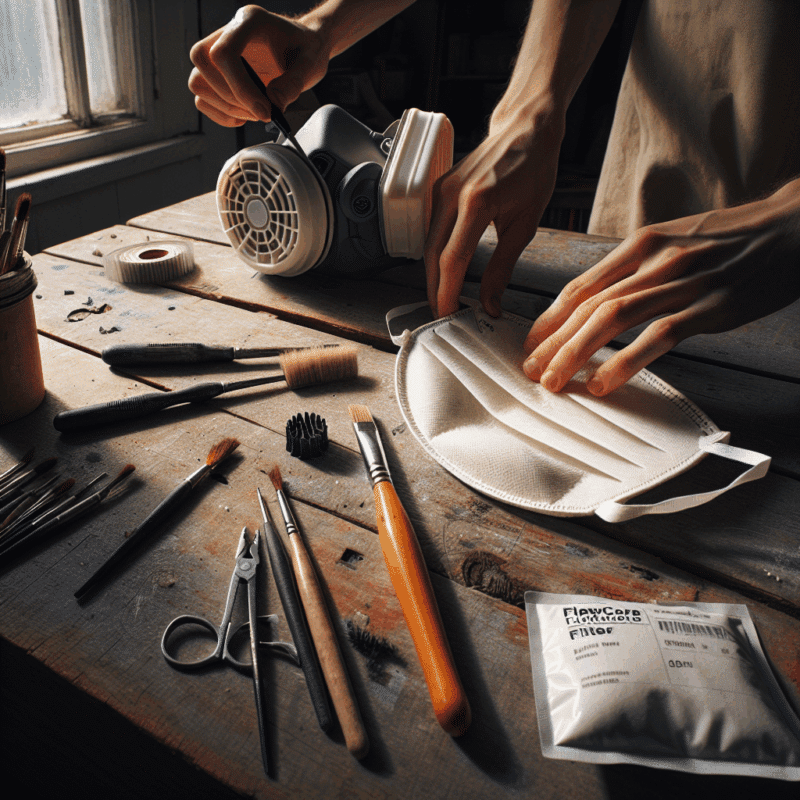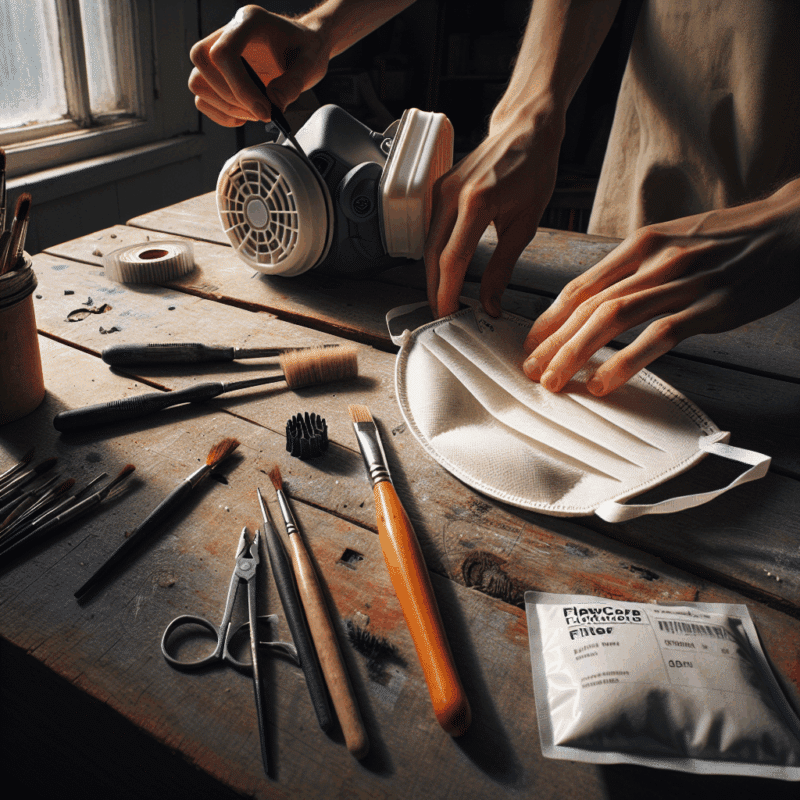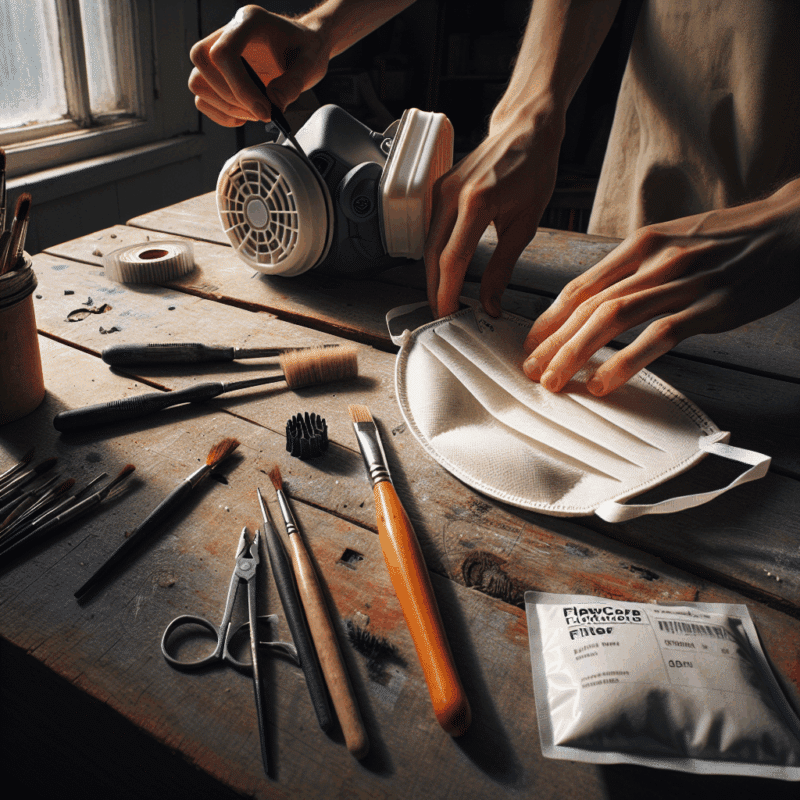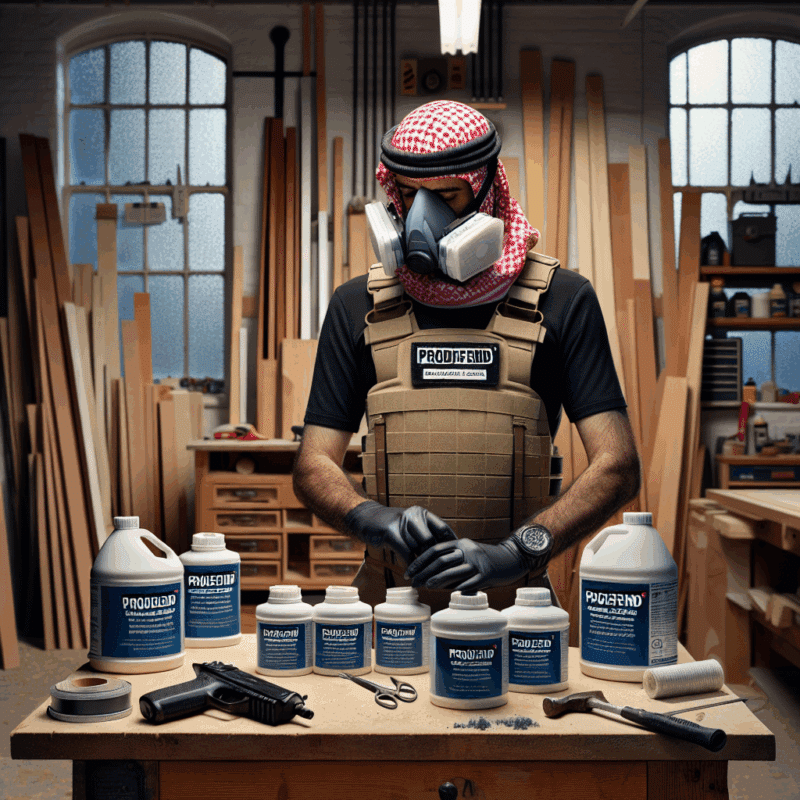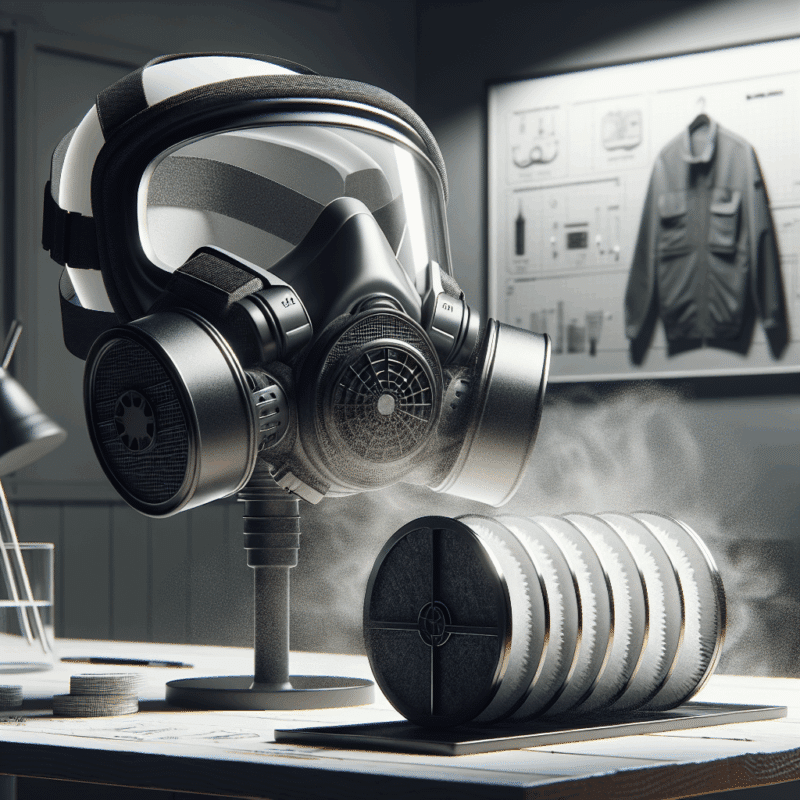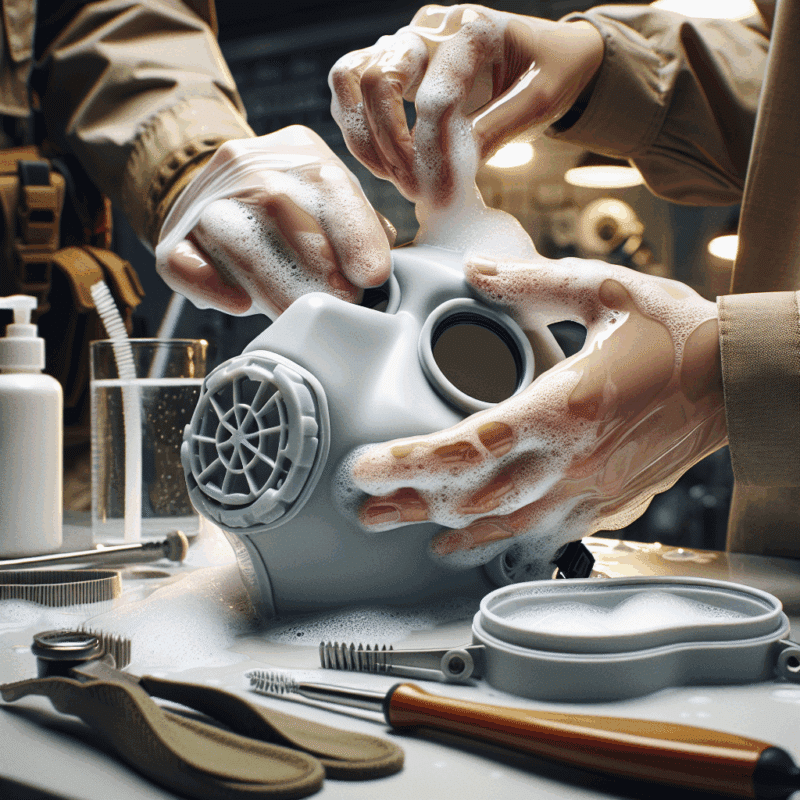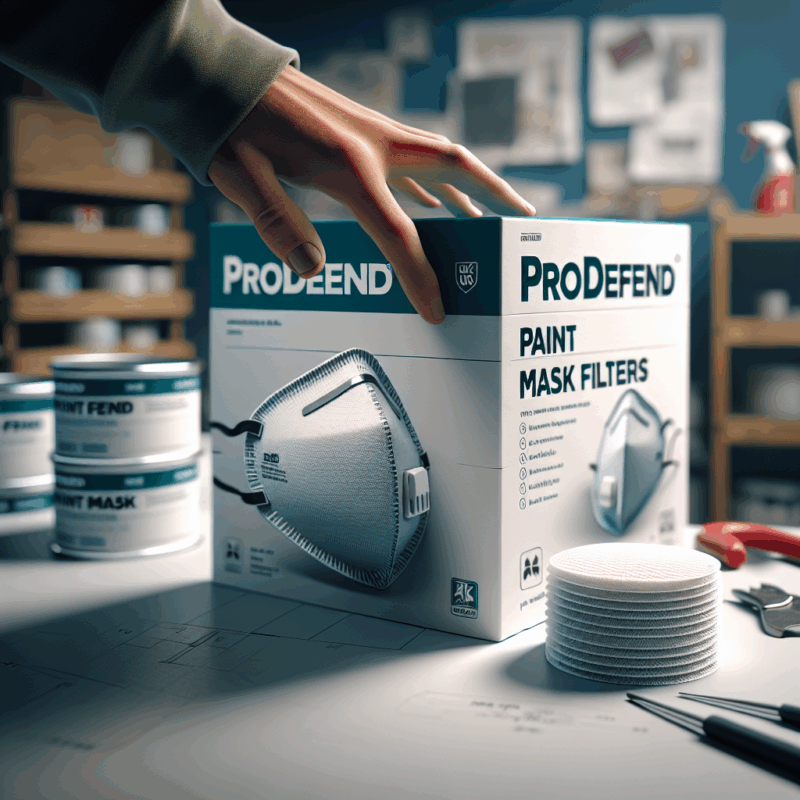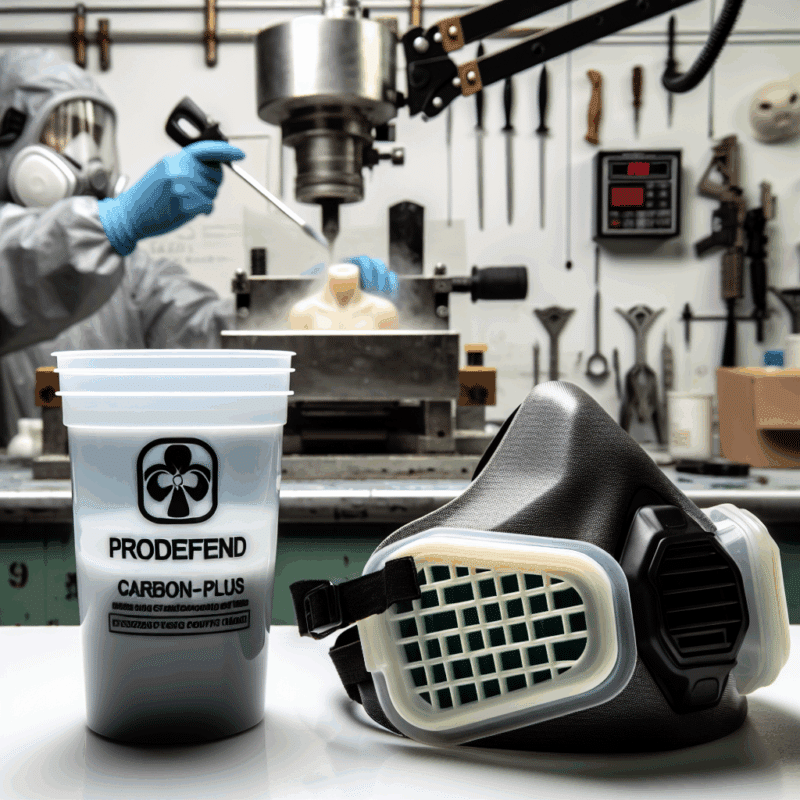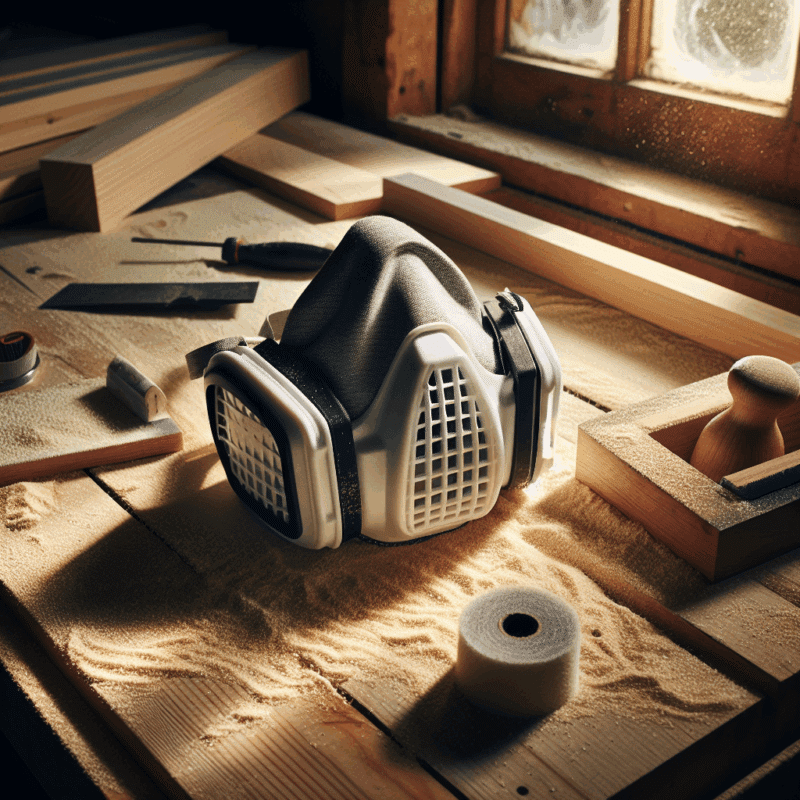Extend FlowCore Filter Life: Storage & Care Guide for Pads
In This Article
- Store FlowCore filters in air-tight, labelled containers, away from moisture and light.
- Use gloves or clean tools when handling filters to prevent indirect contamination.
- Do not attempt to clean or wash used filters—replace them when compromised.
- Follow manufacturer-specified shelf life and rotate stock regularly.
- Pair filters only with compatible CoreMask products for maximum effectiveness.
Why Extending Filter Life Matters
Protective Value and Replacement Costs
Understanding how to extend filter life is not merely a matter of environmental awareness or frugality—it’s a critical concern for safety, respiratory health, and operational reliability. Filters used in respirators such as FlowCore pads are designed to shield users from hazardous particles, pollutants, and pathogens. By extending their useful lifespan, one secures sustained protection without compromising on quality.
Moreover, replacement filters represent a recurring expense. While they are a highly effective line of defence, frequent replacements can add up financially over time. For professionals working in healthcare, industrial, or laboratory settings, improving filter longevity equates to significant cost savings annually. Especially for high-frequency users, strategies to extend filter life become imperative to streamline operational budgets without diminishing user safety.
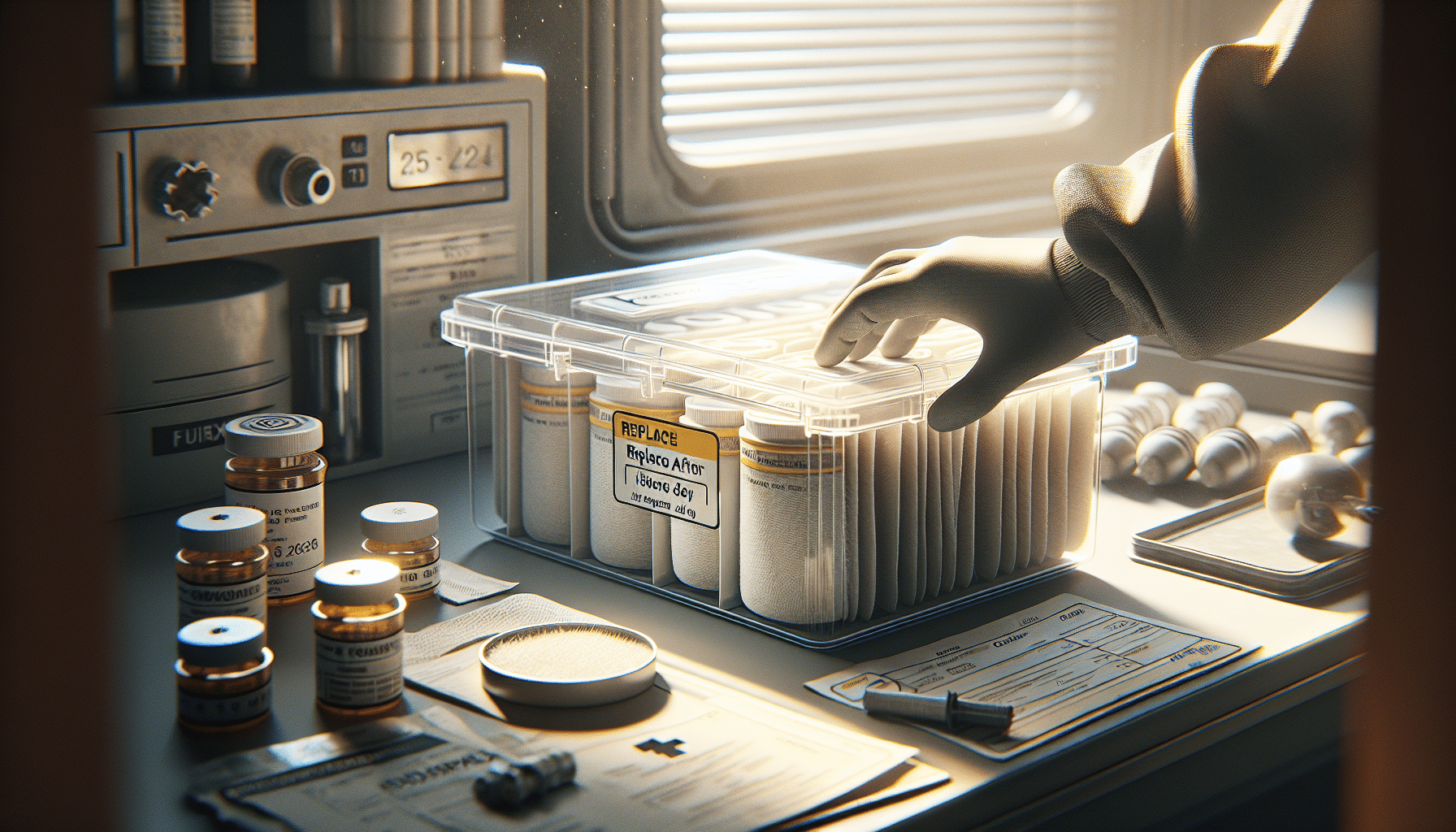
Signs It’s Time to Replace Your FlowCore Filters
Observe Breathing Resistance and Debris Levels
Despite best practices, filters will inevitably reach the end of their usability. An increase in breathing resistance is one of the earliest and most reliable signs that your FlowCore filter is no longer functioning optimally. This resistance indicates that the filter medium is clogged and airflow is restricted—rendering the unit less effective and more taxing for the user.
Additionally, visible discolouration or accumulation of debris on the surface of the filter pad often signals internal saturation. At this stage, trying to extend filter life through wiping or repositioning compromises integrity and is not recommended. It is essential to refrain from pushing a filter beyond its certified performance threshold.
A well-maintained filter is your first line of defence—never settle for compromised protection.
Optimal Storage Conditions for FlowCore Pads
Avoid Moisture, Sunlight, and Exposure
Environmental conditions play a pivotal role in determining how long a filter remains effective when not in use. To extend filter life, FlowCore pads must be stored in cool, dry environments, away from any direct exposure to sunlight or fluctuating temperatures. Humidity is especially detrimental as filters absorb moisture, which can degrade the fibre structure and accelerate microbial growth.
Exposing filters to UV rays, even while not installed in a mask, can prematurely degrade their electrostatic filtration capabilities. Therefore, it’s best to store filters in opaque, sealed containers, away from windows and heat sources. If stored improperly—even briefly—filters can lose a significant portion of their intended efficacy. Best proven ways to prolong filter lifespan
Best Containers and Methods for Storing Filters
Using Air-Tight, Labelled, and Durable Storage
Choosing the correct storage container directly influences how well you can extend filter life for FlowCore pads. Rigid, air-tight plastic containers are recommended as they shield against both humidity and contaminant ingress. Include silica gel packets within your storage units to maintain low humidity.
Label each container with the date of first use and expected replacement cycle. This practice ensures rotation in stock management and avoids accidental use of expired pads. Avoid resealable food bags or low-grade packaging—while they seem convenient, these often do not offer sufficient protection against ambient air or dust exposure.
Some users prefer vacuum-sealing their filters for longer storage durations. While effective, ensure this is done with proper technique to prevent warping the filter structure. Always test one pad before implementing bulk storage techniques. Learn more about Dust Mask and Respirator Maintenance
Do’s and Don’ts Of Filter Handling
Facilities To Avoid Contamination Before Use
Handling is another key factor that affects whether you successfully extend filter life. Filters must be handled with clean, dry hands or sterile gloves. Avoid touching the core filter material directly—hold filters by their edges or use sterile tweezers if appropriate. Oils from human skin can reduce the efficiency of electrostatic filters and introduce contaminants.
Never place filters on contaminated or moist surfaces. If you must set a filter down, rest it on a sterilised tray or in its original packaging. Avoid exposing unused filters to open air longer than necessary, particularly in high-traffic or industrial zones.
A common mistake is transferring filters between environments without adequate sealing. For instance, moving filters between storage rooms and workstations without a lidded container allows micro-pollutants to settle on them. To ensure filter longevity, use transit containers designed for PPE logistics. Read a related article
How Long Can You Store Unused Pads?
Shelf Life Tips and Manufacturer Guidance
Under optimal conditions, unused FlowCore pads can typically be stored for up to 3 years without loss of performance. However, to extend filter life as much as technically feasible, always refer to the manufacturer’s shelf-life guidance printed on the product packaging.
If your filters remain sealed in their factory packaging and stored at room temperature (ideally between 15°C and 25°C), you can expect minimal degradation. If a filter is approaching the expiration date, conduct a physical check for softening, discolouration, or odour changes. Discard any filters that show visual compromise, regardless of storage duration. Always rotate stock using a ‘first-in, first-out’ methodology to ensure you’re using the healthiest units first.
Can Filters Be Cleaned or Reused?
Why Single-Use is Safer for FlowCore
There’s a pervasive misconception that you can clean or disinfect used filters to extend filter life. This is unequivocally false—and potentially dangerous when working with FlowCore’s high-efficiency particulate pads. The filtering capability depends on a delicate balance of material density, charge retention, and flow design. Any form of washing, even with simple water, depletes the material of its efficacy.
Some methods circulating online—including UV sterilisation or alcohol sprays—do not cleanse internal contaminants and can further damage the fibre matrix. FlowCore filters are designated single-use for a reason: only complete replacement guarantees uncompromised protection. Attempting to clean them is risking user health rather than achieving sustainability goals. Easy strategies for scaling safety gear brands
User Experiences & Community Tips
Top Replies on Filter Longevity Practices
Many users across industrial, academic, and clinical sectors have collectively shared practical approaches that have helped extend filter life under demanding conditions. For instance, laboratory technicians often double-bag sealed filters and label each with usage windows. Healthcare practitioners abide by strict schedules and document movement of PPE stock, reducing the risk of overuse or accidental contamination.
Users suggest creating a climate-controlled cabinet exclusively for PPE filters and respirators. Others recommend using sticker systems to mark exposed versus sealed filters. Clear protocols and accountability notably increase the likelihood of catching signs of degradation early and retiring compromised filters responsibly.
Common Misconceptions About Filter Care
Do Not Wash—Replace Responsibly
A widespread belief is that filters wear out based solely on time. In practice, environmental exposure—especially to aerosols and particulate matter—is a far more dominant influence. Another myth is that placing filters in the freezer “revives” them; in reality, cold temperatures risk moisture condensation and compound degradation internally. These tactics not only fail to extend filter life, they actively reduce it.
Only proper storage and handling will preserve filter quality. Users must resist any temptation to re-engineer or self-treat filter elements in pursuit of extra lifespan. While attempting to repurpose may seem pragmatic, it’s not grounded in industrial safety science. Trust in well-researched practices and follow manufacturer guidelines without deviation.
Pairing CoreMask With the Right Filter
Compatibility and Filter Integrity
To reliably extend filter life, ensure that the FlowCore filter pad is matched with a compatible CoreMask enclosure. Misalignment, improper fit, or gaps between the mask shell and the inserted filter can result in leakage—and more rapid decline in the filter’s usefulness. Use only certified pairings endorsed by the manufacturer for guaranteed sealing and airflow optimisation.
Furthermore, reusing old CoreMasks without internal cleaning can introduce legacy contaminants to a fresh filter. Make it a habit to sanitise your CoreMask after every use. A pristine interface ensures the new filter retains peak efficiency. Tight seals, no slippage, and structurally sound frames protect the user while efficiently managing the internal air environment.
Takeaway: Smart Storage = Extended Safety
Ultimately, knowing how to extend filter life isn’t just about cost—it’s about maintaining performance under pressure. Your FlowCore filters work hard to keep you protected, whether you’re on the front lines or in a controlled lab environment. By carefully observing usage limits, adhering to storage best practices, and avoiding unsafe reuse, you ensure both safety and sustainability go hand in hand.
Great guide on extend-flowcore-filter-life-storage-care – Community Feedback
What’s the best way to store unused FlowCore pads?
Keep FlowCore pads in a dry, airtight container away from sunlight and dust for optimal shelf life.
How do I know when to replace FlowCore filters?
Replace FlowCore filters when breathing resistance increases, they’re visibly dirty, or after the manufacturer’s recommended duration.
Can I extend the life of my dust mask filters with cleaning?
No—FlowCore pads are designed for single-use or limited use. Cleaning may damage filtration, so replace them as needed for safety.


